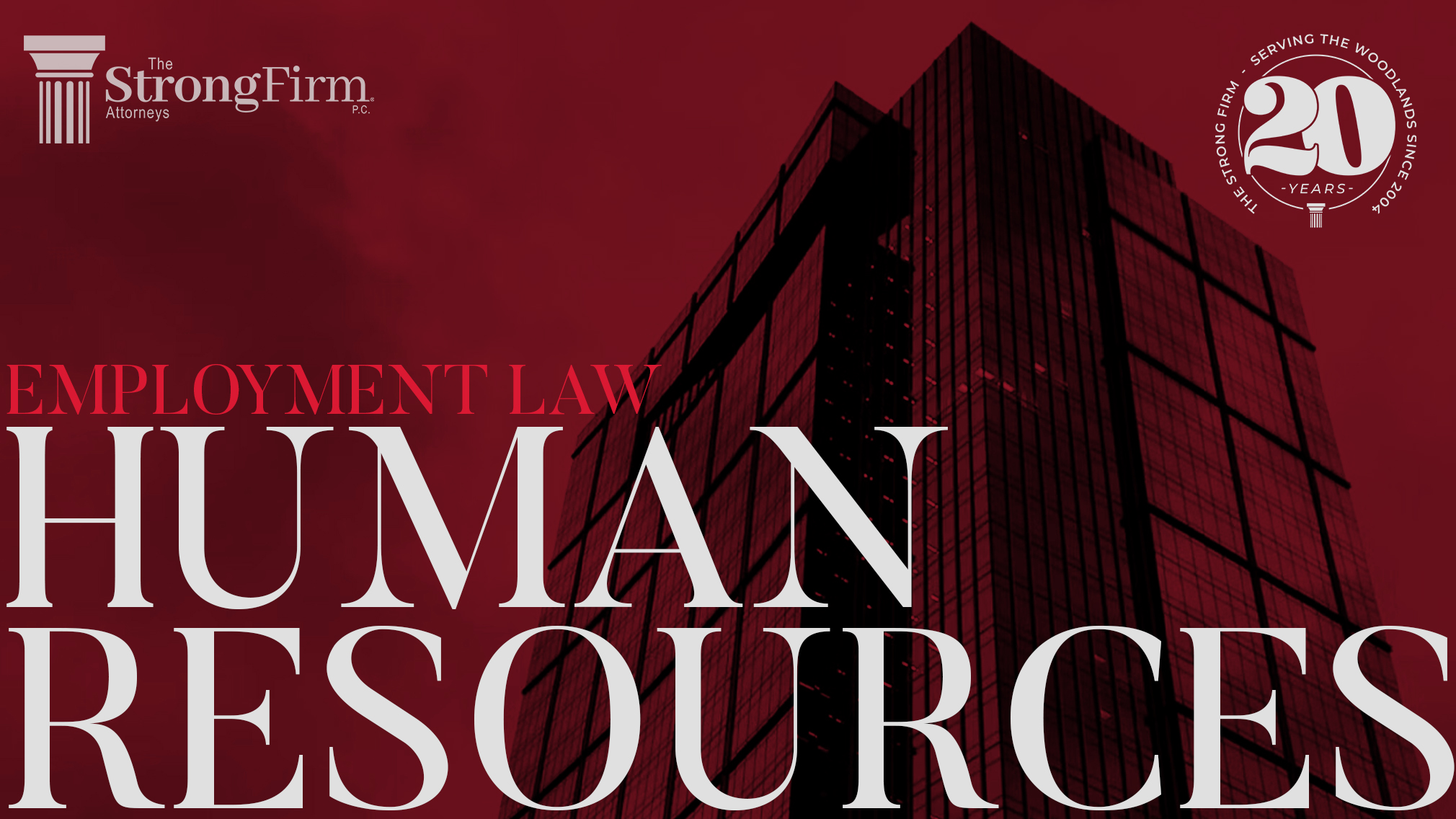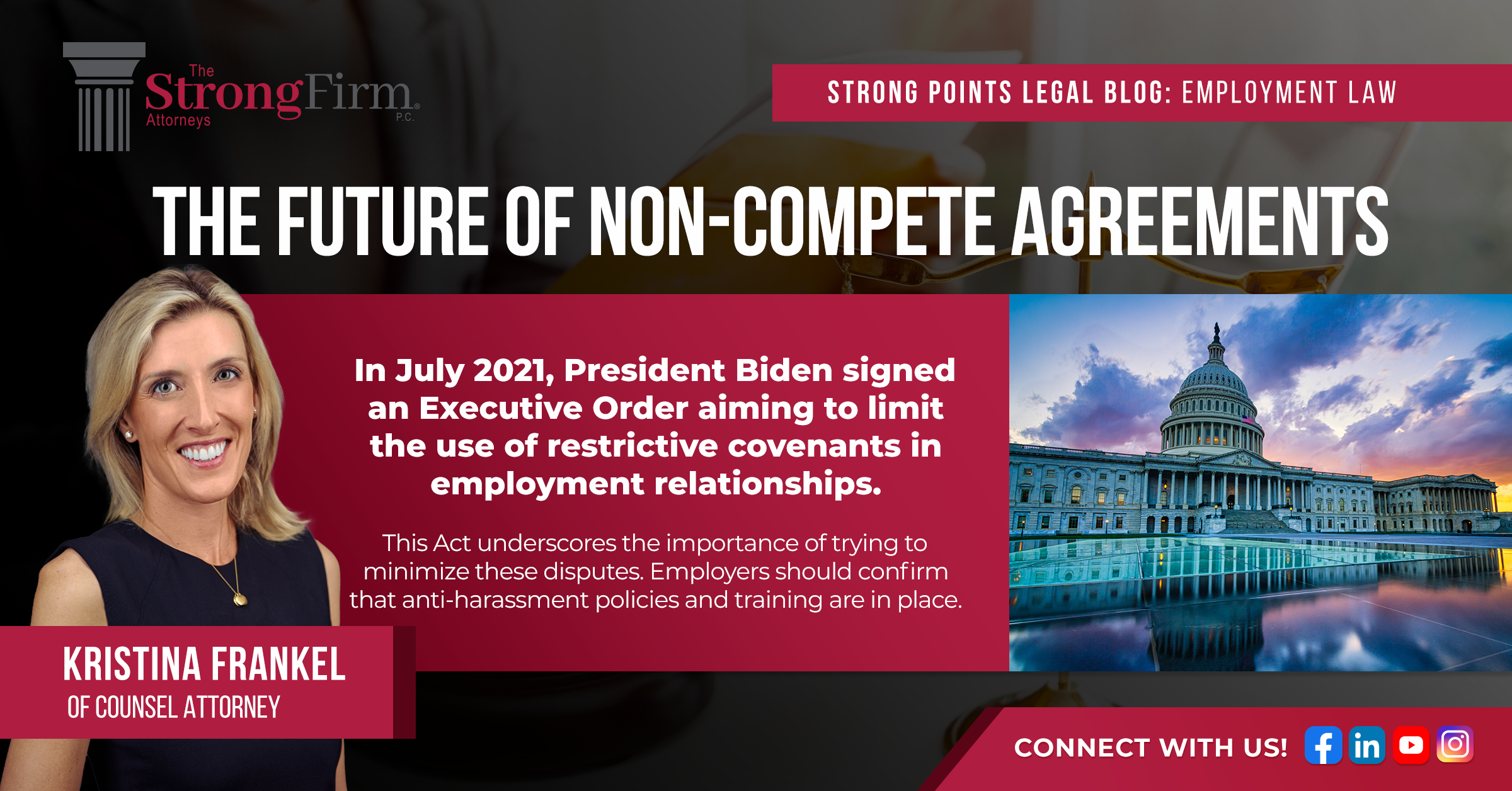Adopted in 1973, and codified at Chapter 552 of the Texas Government Code, the Texas Public Information Act (the “Act”) provides public access to certain information possessed by governmental entities in order to allow the general public to remain informed of those entities’ activities. Because the Act requires the disclosure of all “public information,” which is defined as “information that is written, produced, collected, assembled, or maintained under a law or ordinance or in connection with the transaction of official business… by a governmental body,” almost all information held by governmental entities is subject to the Act, with limited exceptions. One of those exceptions, provided in Section 552.105 of the Act, allows for the exclusion from disclosure information that, “if released, would give advantage to a competitor or bidder.”
Historically, the right to use this limited exception has only been made available to the governmental entity actually possessing the information. This application of the law has left many of the actual private parties whose information was subject to disclosure relying on the governmental entity to employ the exception. Because of this, those private parties that submit bids to governmental entities are placed at a potentially severe competitive disadvantage due to the fact that others who may have submitted bids, or who had hopes of bidding in the future, could possibly obtain confidential, proprietary information (e.g. pricing and specifications) that would allow them to undercut the bidding position of the winning bidder on future jobs. Additionally, governmental entities are burdened with the concern of potentially harming the same private parties with which it conducts business by disclosing their confidential information to potential competitors. Recently though, the Texas Supreme Court issued an opinion that may soften the effects of the Act, particularly as it relates to the competitive bidding exception.
In Boeing Co. v. Paxton, No. 12-1007, 2015 Tex. LEXIS 583 (Tex. June 19, 2015), the Court found that the statutory language providing the exception is not, on its face, limited solely to the government. In a shift from historical interpretation, the Court concluded that in addition to governmental entities, private parties also have standing to directly employ the exception. The Court’s analysis found that when another party’s privacy or property interests are at issue, that party has a right to protect its own interests by raising the exception itself, notwithstanding the governmental entity’s failure to do so. This turnaround in thinking could spur dramatic effects within the open government environment, both for the governmental entities subject to the Act and for the private parties conducting business with them.
For governmental entities, the concern of protecting private party information is now lessened, since those parties have an outlet to protect the information themselves. The governmental entities can now anticipate that if a private party deems its information to be exempt from disclosure, the private party will likely act on its own behalf without the need for the governmental entity to intervene. Likewise, private parties may now have greater confidence in their ability to provide more detailed information in their bidding and proposals with governmental entities, since they can now protect their own interests if their confidential information becomes subject to a public information request. Both parties, however, should be mindful that while this opinion may provide a new tool for protecting confidential information, the legal scrutiny, both of the courts and of the Attorney General, will be high in determining whether or not the information argued to be exempt actually fits within the exception itself, namely, that the requested information, if disclosed, would give a competitive advantage, not just a likelihood of it. Still though, this case provides a significant step in limiting the broad scope of the Act and the burdens on both the government and private parties.
Brian Albert
Phone: 281-367-1222
Fax: 281-210-1361




























